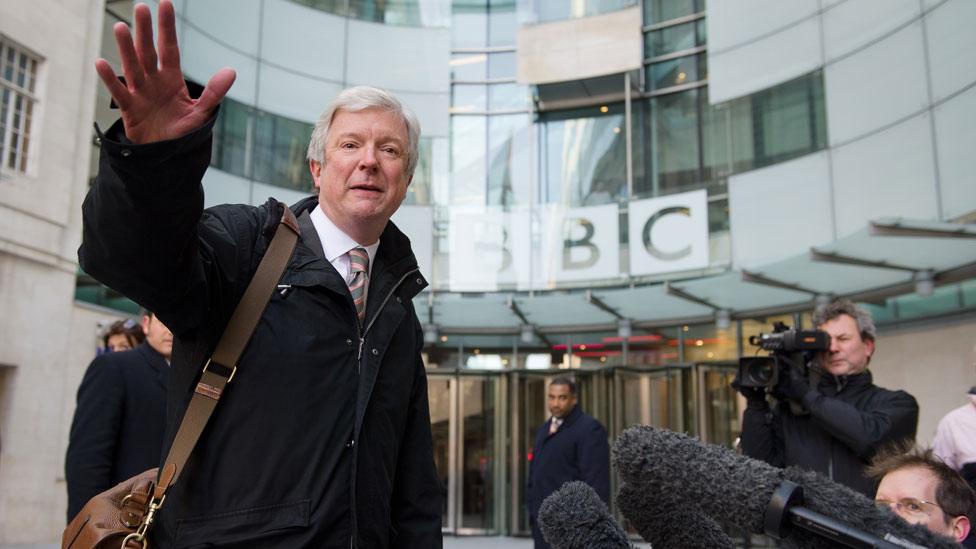Edinburgh TV Festival: BBC 'must learn from mistakes', says Lord Hall
- Published
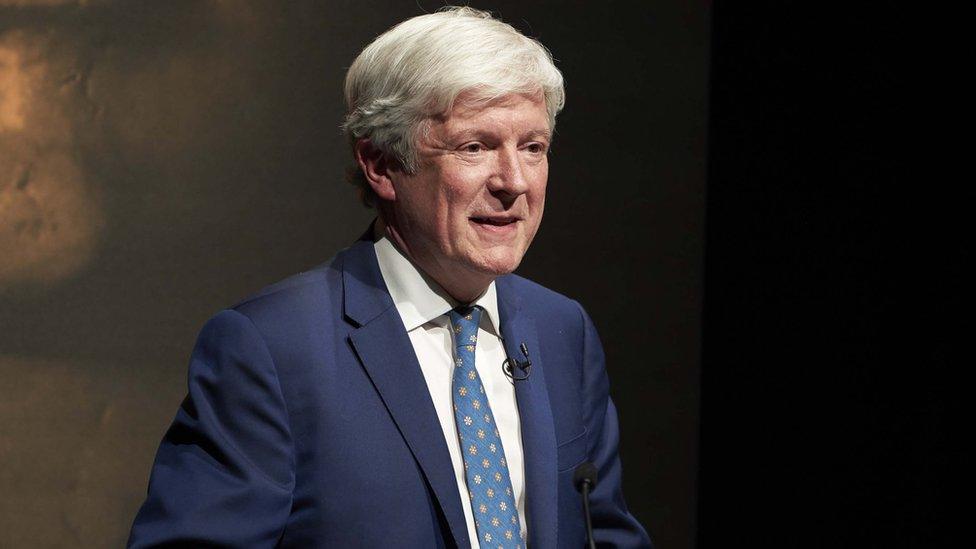
Lord Hall will step down as the BBC's director-general next week
The BBC has to be "an organisation that listens and learns from its mistakes", its outgoing director general has said.
Speaking at the virtual Edinburgh TV Festival, Lord Hall also emphasised the crucial role played by public service broadcasters (PSBs) in combatting the spread of false information.
"The PSBs are vital to democracy, they inform us, they educate us," he said.
"In this country they do it for all of us, no matter who you are, you have access to the best."
Lord Hall's address on Monday marked his final speech as director-general of the BBC, after seven years in the job.
He will be replaced by Tim Davie from 1 September.
Reflecting on his time since taking on the job in 2013, Lord Hall said: "I don't need to remind you that seven years ago we were an organisation in crisis.
"It was in the wake of the [Jimmy] Savile scandal. There were failings over executive pay-offs and fundamental questions hanging over it. Today, we are an organisation transformed inside and out."
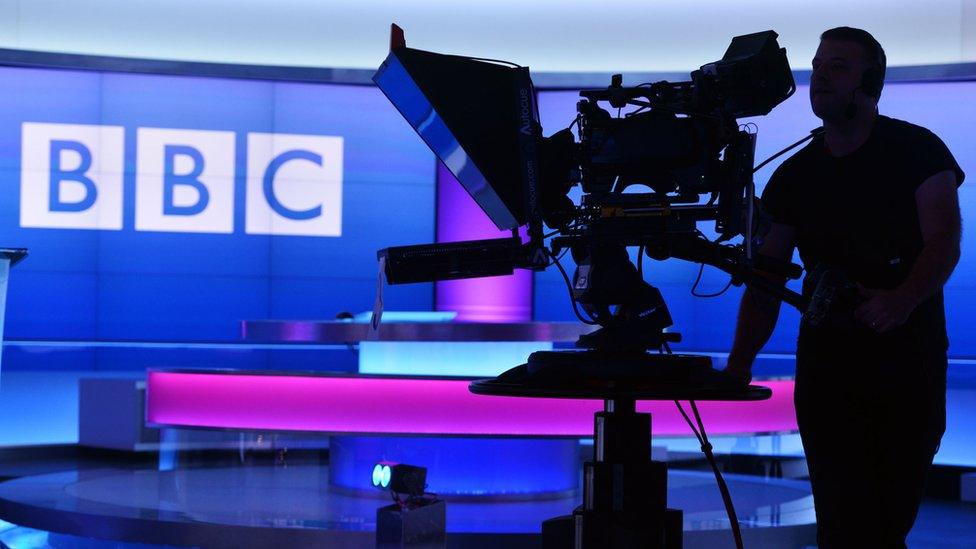
But, he added, there are still improvements to be made.
"I believe diversity of thinking leads to great programmes. We need to attract people who have different ideas, who come from different backgrounds, have different thoughts about what is important," he said.
"We also have to be an organisation that listens and learns from its mistakes."
Lord Hall has personally intervened twice in two BBC scandals in the last year - reversing the corporation's position on the Naga Munchetty racism row and the recent broadcast of the n-word in a news report.
He also outlined plans for the corporation to double its worldwide reach to a billion people by the end of the decade.
'Keep banging the drum'
Lord Hall also said the BBC has shown how crucial public service broadcasting is during the coronavirus pandemic.
"Public service values have never been more needed. We've been reminded how deeply stitched we are into the fabric of national life," he said.
"The BBC as public service media can now do more for the UK than ever before and we are ready to do more.
"We have been reminded how important those things are that bring us together, we all know and feel how the last few years have heightened the sense of polarisation and Covid has brutally exposed the fault line."
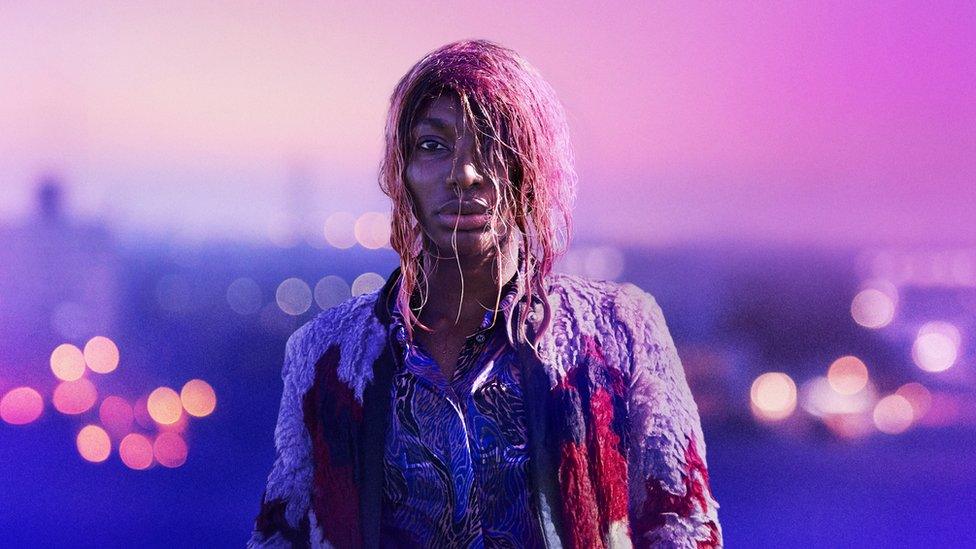
Lord Hall described Michaela Coel's recent drama I May Destroy You as "extraordinary"
Lord Hall drew attention to the educational programming offered to children while they were off from school during the recent lockdown.
He also highlighted the BBC's recent coverage of the commemoration of VE Day, the Great British Singalong which saw several radio stations link up, and April's The Big Night In, which raised £70m for charity.
"Public Service broadcasters have always been part of the glue that binds our nations and communities together, but the last few months have emphasised that still further," he said.
He described the documentary Once Upon A Time in Iraq as "a series that pushes the boundary of what the genre does, I've seen nothing like it".
He continued: "When I look at something like Michaela Coel's extraordinary I May Destroy You, I see much more than an unmissable drama, I see a unique voice and talent given unprecedented creative freedom to speak directly to a generation about issues and experiences that matter right now."
Touting the BBC's ratings during lockdown, Lord Hall told the festival: "Audiences came to us in their millions for information they could rely on and respite from worries everyone was experiencing. In March, 94% of British people used the BBC.
"In some weeks, TV viewing was up nearly 50% year on year."
Lord Hall said the BBC has transformed over the last seven years, saying the corporation is "leaner and more efficient than ever", and with more staff based outside of London.
He continued: "PSBs can do more for the UK in the year ahead. We have to keep banging the drum for what only we can deliver."
Improving diversity
Lord Hall reiterated the corporation's commitment to spending £100m of its TV budget on improving diversity in his speech.
The issue of diversity in the entertainment industry is facing renewed scrutiny after the recent Black Lives Matter protests.
In a separate session at the Edinburgh festival, Piers Wenger, the controller of BBC drama, said: "The industry is not diverse, as Steve McQueen said, it is racist. Something has gone wrong and we are working on putting that right."
BBC One controller Charlotte Moore added: "If we do not reflect the nation in the shows we are making then we will have failed, and we won't be able to meet the challenges of the next few years."
Moore also announced several new commissions on the subject of race or identity, including Anton Ferdinand: Football, Racism & Me and Patrick Kielty: My Nation, Its Border And Me.

Follow us on Facebook, external or on Twitter @BBCNewsEnts, external. If you have a story suggestion email entertainment.news@bbc.co.uk
- Published5 June 2020
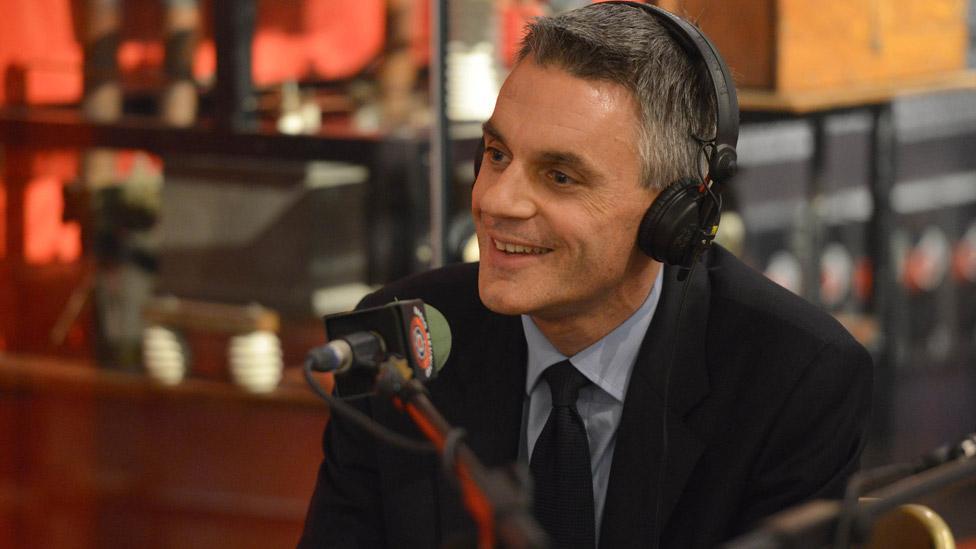
- Published1 September 2020
- Published21 January 2020
